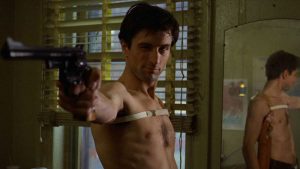
I was stuck in New York through the first half of the virus, watching and reading the news everyday, inside the “Epicenter” with a screen in my hands. We were there, feeling the city, listening to the 7pm shout outs, the sirens that blew by every five minutes, and seeing the face covered masks that haunted our city. This was New York. It eventually got so eerie that we needed to leave, now we are in Jersey — less than 50 miles away. 50 miles is not far, Jersey still has the outbreak, it’s number two on the list. But nobody is too far from this virus, we are all within a split second, within our own six feet, it’s like The Invasion of The Body Snatchers all over again. Our neighbors, our friends, and our loved ones can all quickly become our demise. This paranoia only feels new, but this paranoia has been around forever.
There’s not much to do during the outbreak. Every siren was another person being rushed to another COVID unit. The harbor had the military there, police blocked the entrance and the whole city tried to keep six feet at all times. It was futuristic, genre, painful, and cinematic. Cinematic, because it had already existed, existed only on the screen, starring Bruce Willis leading the military and Jeff Goldblum who quickly discovered the anti-virus in time. This had been our reference point, our only understanding of how to deal with something this — NEW. The screenwriters, the producers, the directors, the filmmakers, have laid our pavement to see where and what would happen, it’s humorous that the men who wanted to entertain, have since painted the fears of what we, as a culture, can become.
I always admired Michael Haneke’s and David Cronenberg’s films. Their films all dealt with the end of the world in some way, the end of life as we know it, and the end of a social class, told through individuals, groups, sci-fi and gadgets. Weirdly, I love the films that have clearly portrayed the dystopian future that we have all been fearing, whether it was the burned sky in The Matrix, the lost land in Waterworld, or the dictatorship desert of Mad Max.
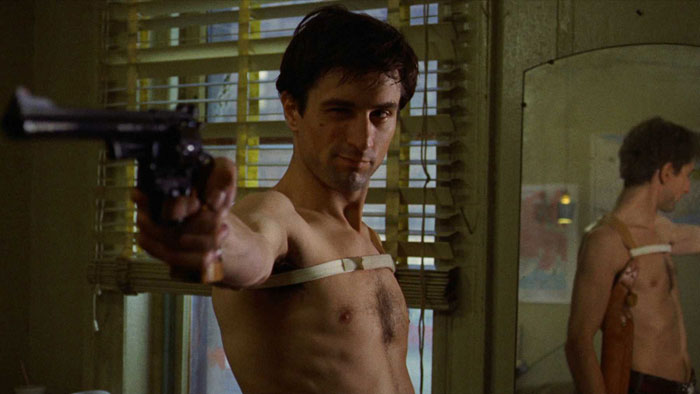
“…we live in a city that is doing its best, but the best is not enough, while nowhere is safe…”
Haneke had his own dystopian future in his films, it was the future where the upper class begins to lose their identity in Happy End, people fight within themselves in The Piano Teacher, dark secrets surface forcing us to see ourselves Cache; and Benny’s Video forces the audience to watch the future of our numbifying screen culture told through the violence of a child.
In a way it’s like Benny’s Video and Videodrome share the same dilemma, the problem not with violence, but with the mass consumption of violence. In the same way The Piano Teacher and Crash become one, dealing with our fantasies, our perversions, our fight to prove we are immortal, and the re-enactments of our desires. Cache feels a lot like A History of Violence where our past comes into a head on collision with our present, forcing us to lie to our loved ones, become violence, and reveal the person who we have trampled in our path to become one with society. It is these characters that echo in the archetype of Travis Bickle, the man/woman who has encountered a journey through “Emotional Derailment”: the battle of the self, the battle against the self, and the battle for the self.
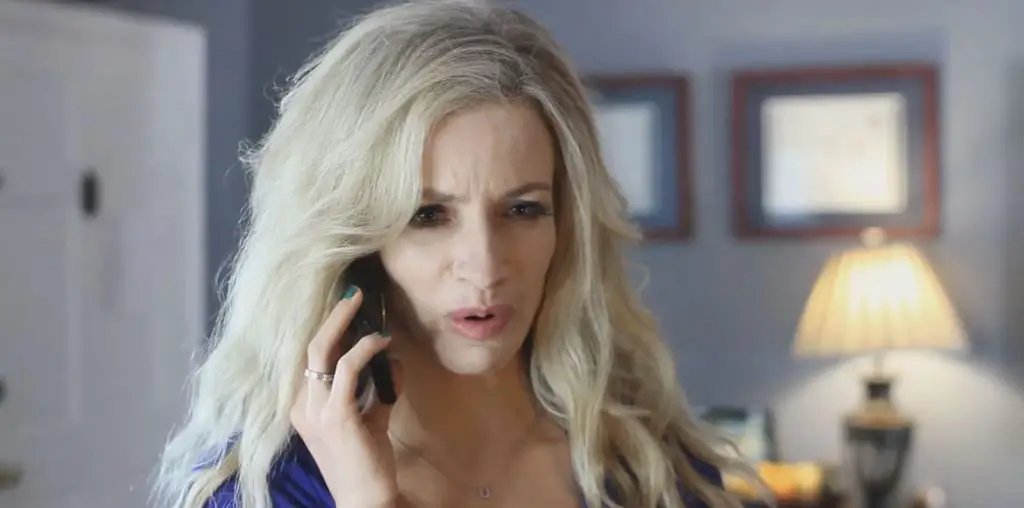
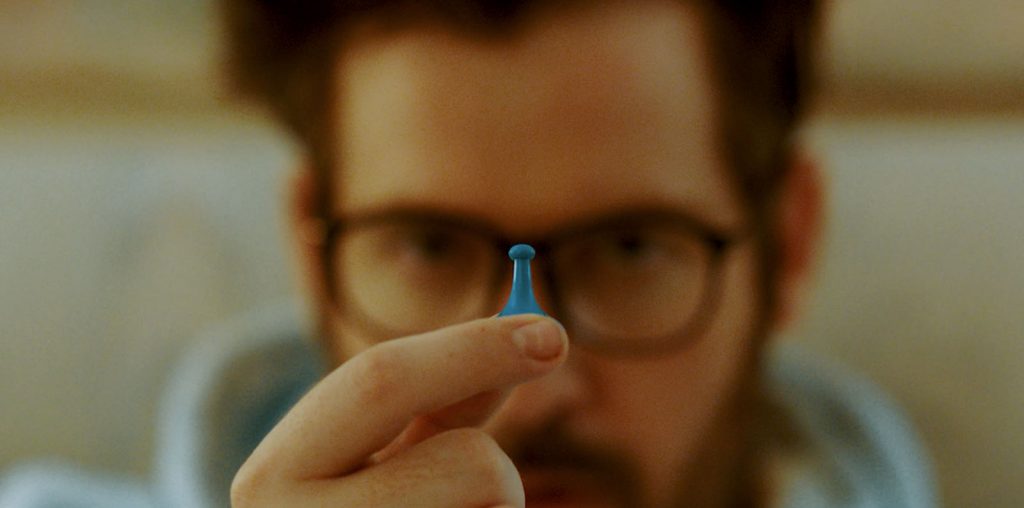
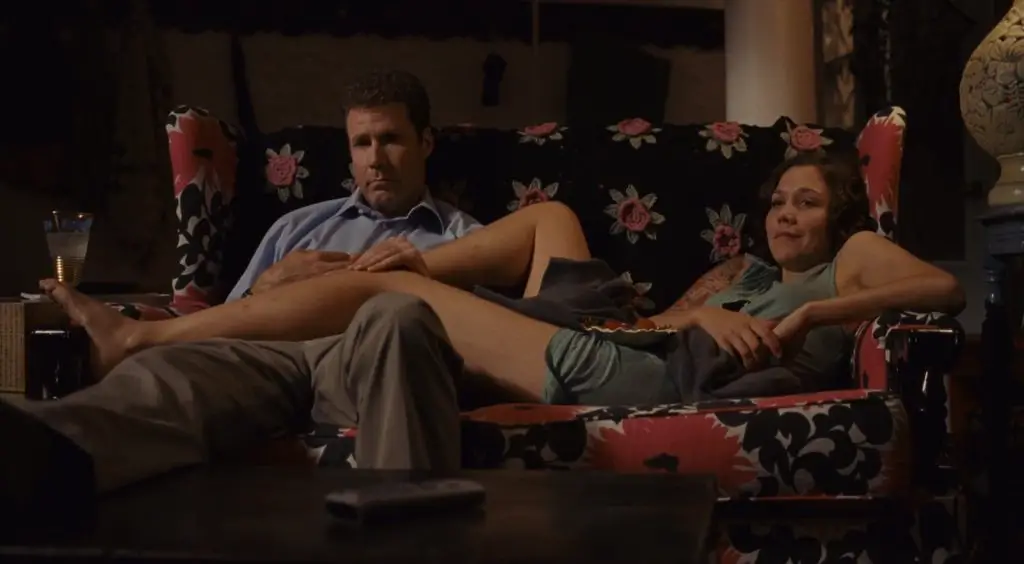
[…] Matthew Berkowitz You need to be considering about these, when pitching to a likely buyer, trader or distributor. […]
[…] of movie it is also in which you produce animations and do the illustrations and text graphics. FilmThreat You will also be editing and mixing the visuals and soundtracks. Selecting and adding transitions […]
Great article!
We will always have the films we love to comfort us.
What a beautiful take on this horrible situation! Bravo Matt
Great Article!